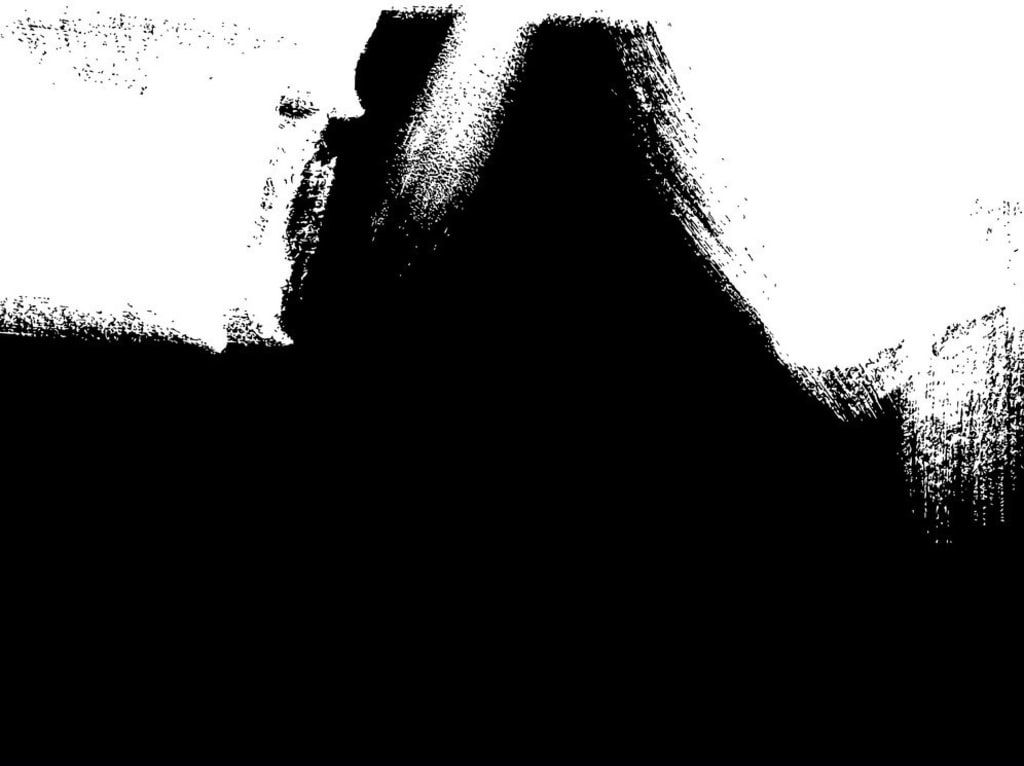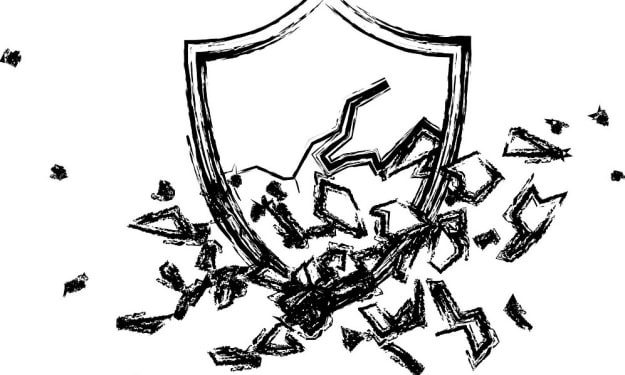Can One Create His Own Values?
The God, Übermensch, and psyche.

Is one's mind not prejudiced and obstinately entrenched in the burrows of dogma? Be nice, pure, and kind, yes? With time, I have painfully conceded that niceness is a sham. Niccolò Machiavelli was aware of this, and in his book The Prince, he writes: "Men are so simple and so much inclined to obey immediate needs that a deceiver will never lack victims for his deceptions." These words, I reckon, are radically redemptive for humanity. The reality of the nice and virtuous is in the limbo of deceit and treachery. Machiavellianism is the unscrupulous practice of duplicity to further one's cause. Unbeknownst to humans, their savior Jesus of Nazareth has predisposed them to the traditional Christian wisdom of niceness and blighted their comprehension. René Descartes needs revision. "I think, therefore I am" must be "Religion thinks, therefore I am."
Religion delineates what is good and evil, and the dogmatic constructs have stifled our emotions and clouded our judgment. "One must not be envious of another"? This is a neurotic society, indeed! Had we the cunning, the means, what we covet could have been ours. The rhetoric that embraces us with its blanket of solace is "I lost because I was too nice, pure, and kind," which is a staggeringly potent paradox that one cannot distrust. The certitude, however, that if one wins, another loses remains unheeded. Since we are the products of our achievements and not of our intentions, any principle or presupposition that thwarts our endeavors must be eradicated.
Nietzsche, who is perhaps the most contentious yet shrewd thinker of the 19th century, was astute with his infamous aphorism God is dead, because it aids us in comprehending this religious delirium. Understand that there is a distinction between God is dead and God is dead, and we have killed him. It was not a triumphant expression; it was a presage of the anarchy that would ensue upon the death of God because the western corpus is predicated on the divinity of Jesus. What does it mean, concretely? I surmise it is thus: the religious edifice that has oriented society for millennia cannot be decimated by a casual gesture without mayhem, for the death of God examines the theological axioms that have been proliferating since time immemorial. Nietzsche writes the following in The Parable of the Madman:
"The madman jumped into their midst and pierced them with his eyes. 'Whither is God?' he cried; 'I will tell you. We have killed him — you and I. All of us are his murderers. But how did we do this? How could we drink up the sea? Who gave us the sponge to wipe away the entire horizon? What were we doing when we unchained this earth from its sun? Whither is it moving now? Whither are we moving? Away from all suns? Are we not plunging continually? Backward, sideward, forward, in all directions? Is there still any up or down? Are we not straying, as through an infinite nothing?' "
Expunging the fundamental theological dicta will engender a morally adrift humanity, for their morals are derived from God. One may lose his sense of up or down while plunging, for his postulates are confronted. In his book Thus Spoke Zarathustra, Nietzsche introduced the Übermensch: a state that is beyond man, where one's consciousness is unafflicted such that he can forge his own path. Verily reformative; arduous, however.
In this video, Dr. Jordan Peterson mentions Freud's and Jung's critique of the Übermensch. Jung refuted that one was capable of creating his values, which could be ascribed to his model of the psyche. It has 3 realms: consciousness, personal unconscious, and collective unconscious; the third realm is home to the Jungian archetypes, which are cognitive categories shared by all. In the video, Dr. Peterson said, "The personalities at work within our consciousness are autonomous," which, upon introspection, can instigate change. In Dostoevsky's Crime and Punishment, Raskolnikov embodies the Nietzschean idea and murders an oppressive, barbaric pawnbroker, for if there is no God, everything is permitted (The Brothers Karamazov). Kierkegaard, the forefather of existentialism, introduced the leap of faith, which I surmise is a logical fallacy, for one's faith in the otherworldly is the precondition for his leap. As he wrote: "To have faith is precisely to lose one's mind so as to win God."
The rationalist ideology of the Übermensch, precisely because of its liberation from ideologies, has been catastrophic throughout history nonetheless. The Soviet communists, Nazi Germany, and North Korea had been led by their own values, which, inevitably, precipitated tyrannical oppression and homicide. The Jungian hypothesis is that one must uncover his pre-linguistic, psychic substratum —which comprises symbology that evokes a mysterious entity — to unveil the genesis of the archetypes, which can be further examined to uncover his values. The most profound lesson from Jung is that one only discovers his values through the amenable relationship between the conscious and unconscious of his psyche, which affirms a tranquil life of truth and awareness. Seldom can one become a deterministic entity per se.
A question to my reader: have these religious doctrines not disenchanted humanity? Are these teachings not bogus? Jesus says to love thy enemy and thou shalt love thy neighbor as thyself, all of which, notwithstanding their grandiloquence, have perennially sullied human imagination and perception. Mindless sheep cannot direct the course of a shepherd; however, as Nietzsche says: "One must still have chaos in oneself to be able to give birth to a dancing star."
About the Creator
Saugat Menon
I am Saugat. welcome to my page where I write about whatever I want.






Comments
There are no comments for this story
Be the first to respond and start the conversation.